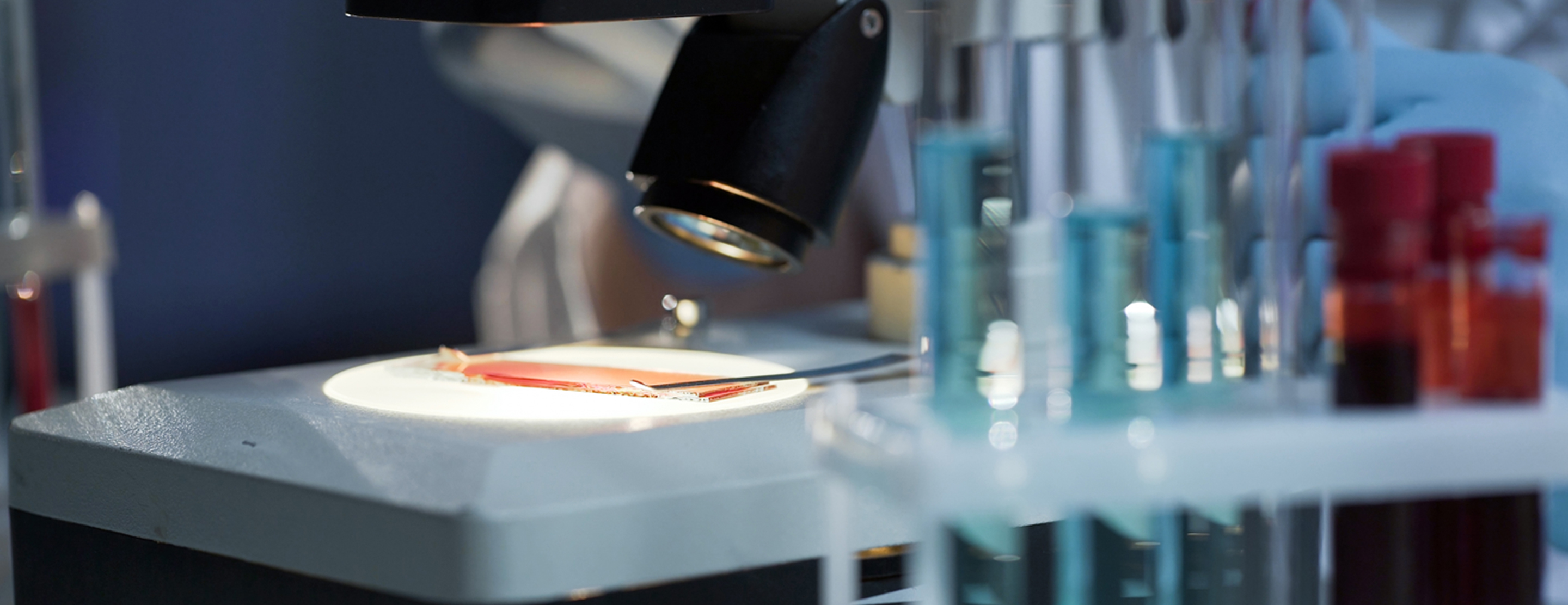
Microalbuminuria test
Definition
This test looks for a protein called albumin in a urine sample.
Albumin can also be measured using a
Alternative Names
Diabetes - microalbuminuria; Diabetic nephropathy - microalbuminuria; Kidney disease - microalbuminuria; Proteinuria - microalbuminuria
How the Test is Performed
You will usually be asked to give a small urine sample while at your doctor's office.
In rare cases, you will have to collect all of your urine at home for
To make the test more accurate,
How to Prepare for the Test
No special preparation is necessary for this test.
Why the Test is Performed
People with diabetes have an increased risk of kidney damage. The "filters" in the kidneys, called nephrons, slowly thicken and become scarred over time. The nephrons begin to leak protein into the urine. This kidney damage can also happen years before any diabetes symptoms begin. In the early stages of kidney problems, blood tests that measure kidney function are usually normal.
If you have diabetes, you should have this test each year. The test checks for signs of early
If this test shows that you are starting to have a kidney problem, you can get treatment before the problem gets worse. People with severe kidney damage may need dialysis. They may eventually need a new kidney (
Normal Results
Normally, albumin stays in the body. There is little or no albumin in the urine sample. Normal albumin levels in the urine are less than 30 mg/24 hours.
Normal value ranges may vary slightly among different laboratories. Some labs use different measurements or may test different specimens. Talk to your doctor about the meaning of your test results.
What Abnormal Results Mean
If the test finds a high level of albumin in your urine, your doctor may have you repeat the test.
Abnormal results may mean your
Abnormal results may also be reported as:
- Range of 20 to 200 mcg/min
- Range of 30 to 300 mg/24 hours
You will need more tests to confirm a problem and show how severe the kidney damage may be.
The most common cause of a high level of albumin in the urine is
A high albumin level may also occur with:
- Some immune and inflammatory disorders affecting the kidney
- Some genetic disorders
- Rare cancers
- High blood pressure
- Inflammation in the whole body (systemic)
- Narrowed artery of the kidney
- Fever or exercise
Healthy people may have a higher level of protein in the urine after exercise. People who are dehydrated may also have a higher level.
Risks
There are no risks with providing a urine sample.
References
American Diabetes Association. 11. Microvascular complications and foot care: standards of medical care in diabetes - 2019. Diabetes Care. 2019;42(Suppl 1):S124-S138. PMID: 30559237
Brownlee M, Aiello LP, Cooper ME, Vinik AI, Plutzky J, Boulton AJM. Complications of diabetes mellitus. In: Melmed S, Polonsky KS, Larsen PR, Kronenberg HM, eds. Williams Textbook of Endocrinology. 13th ed. Philadelphia, PA: Elsevier; 2016:chap 33.
Riley RS, McPherson RA. Basic examination of urine. In: McPherson RA, Pincus MR, eds. Henry's Clinical Diagnosis and Management by Laboratory Methods. 23rd ed. St Louis, MO: Elsevier; 2017:chap 28.
Review Date: 08/19/2018
The information provided herein should not be used during any medical emergency or for the diagnosis or treatment of any medical condition. A licensed physician should be consulted for diagnosis and treatment of any and all medical conditions. Call 911 for all medical emergencies. Links to other sites are provided for information only -- they do not constitute endorsements of those other sites. Copyright ©2019 A.D.A.M., Inc., as modified by University of California San Francisco. Any duplication or distribution of the information contained herein is strictly prohibited.
Information developed by A.D.A.M., Inc. regarding tests and test results may not directly correspond with information provided by UCSF Health. Please discuss with your doctor any questions or concerns you may have.





